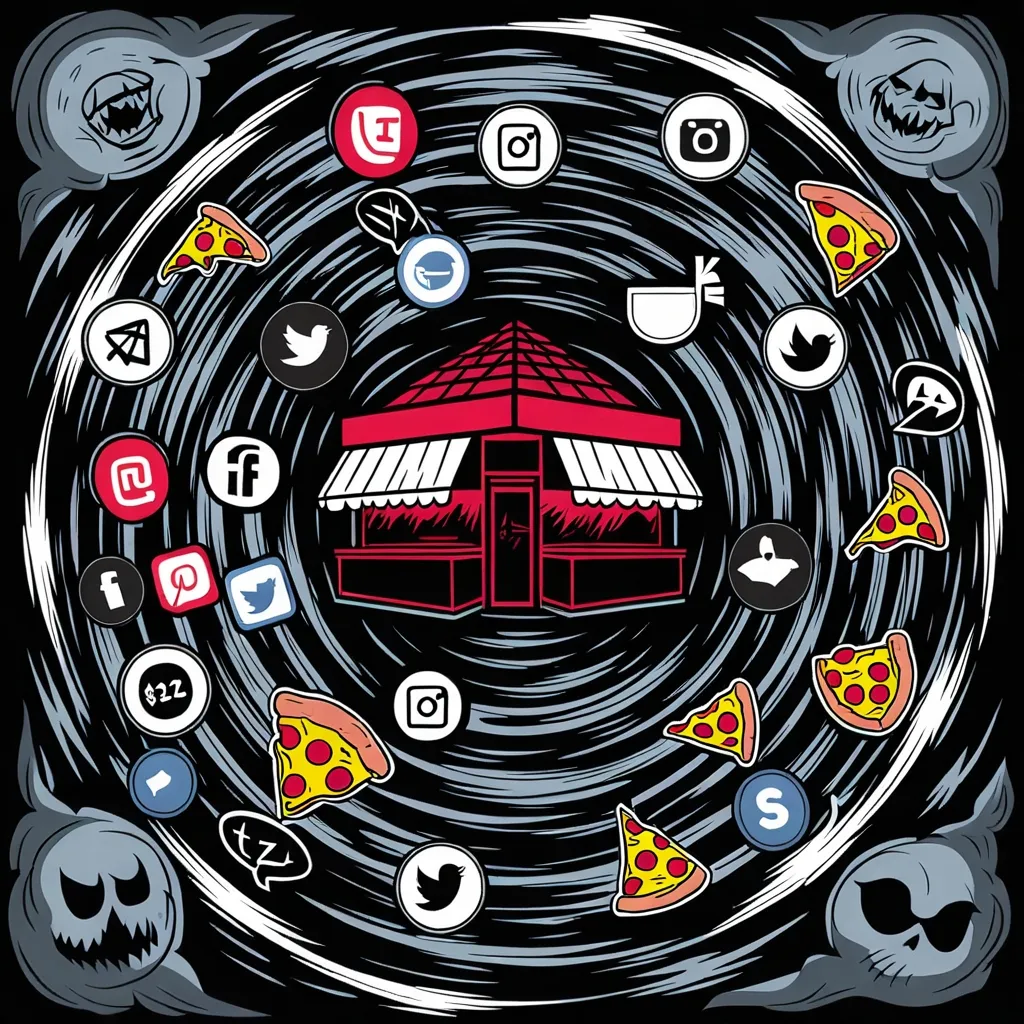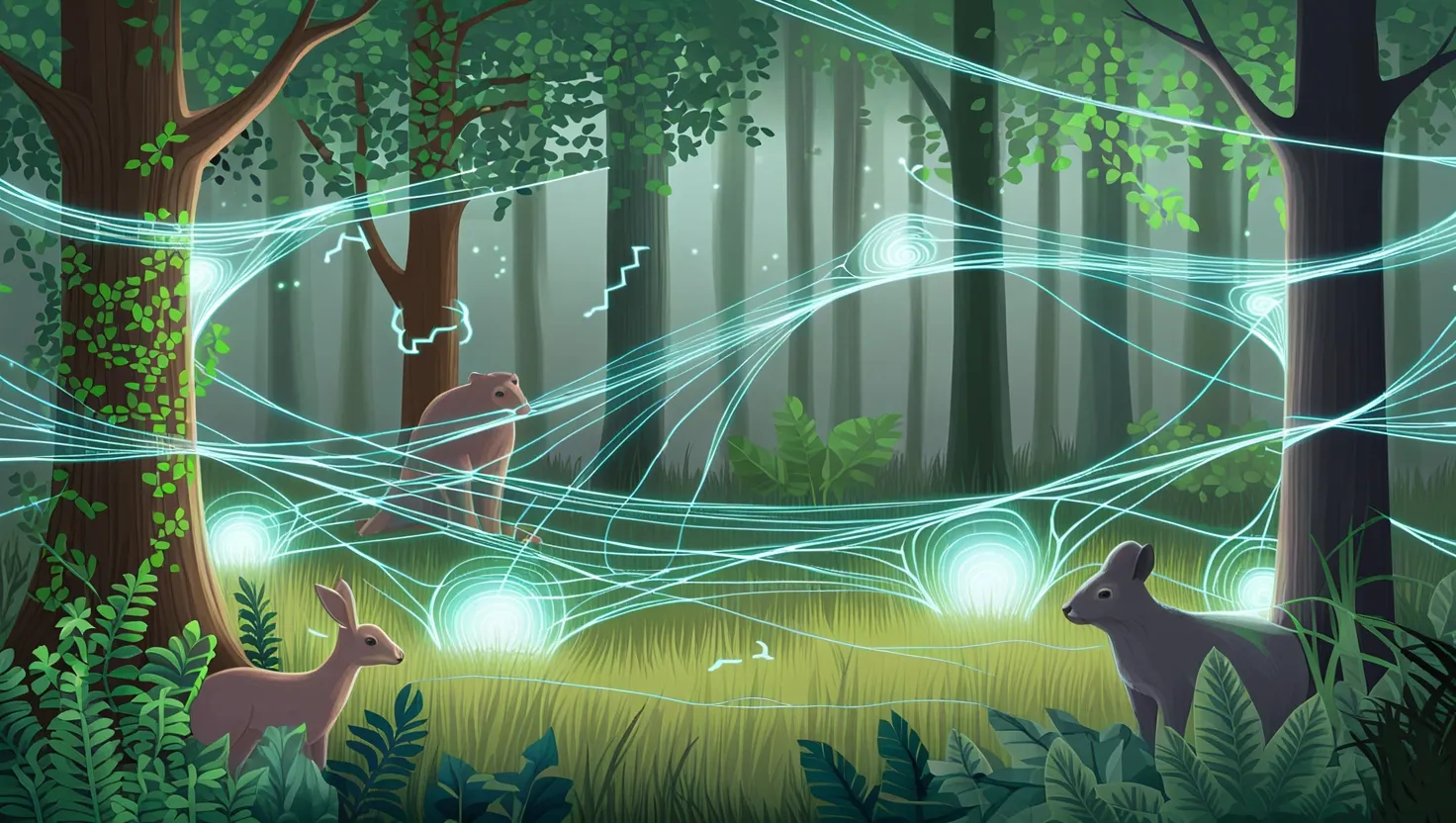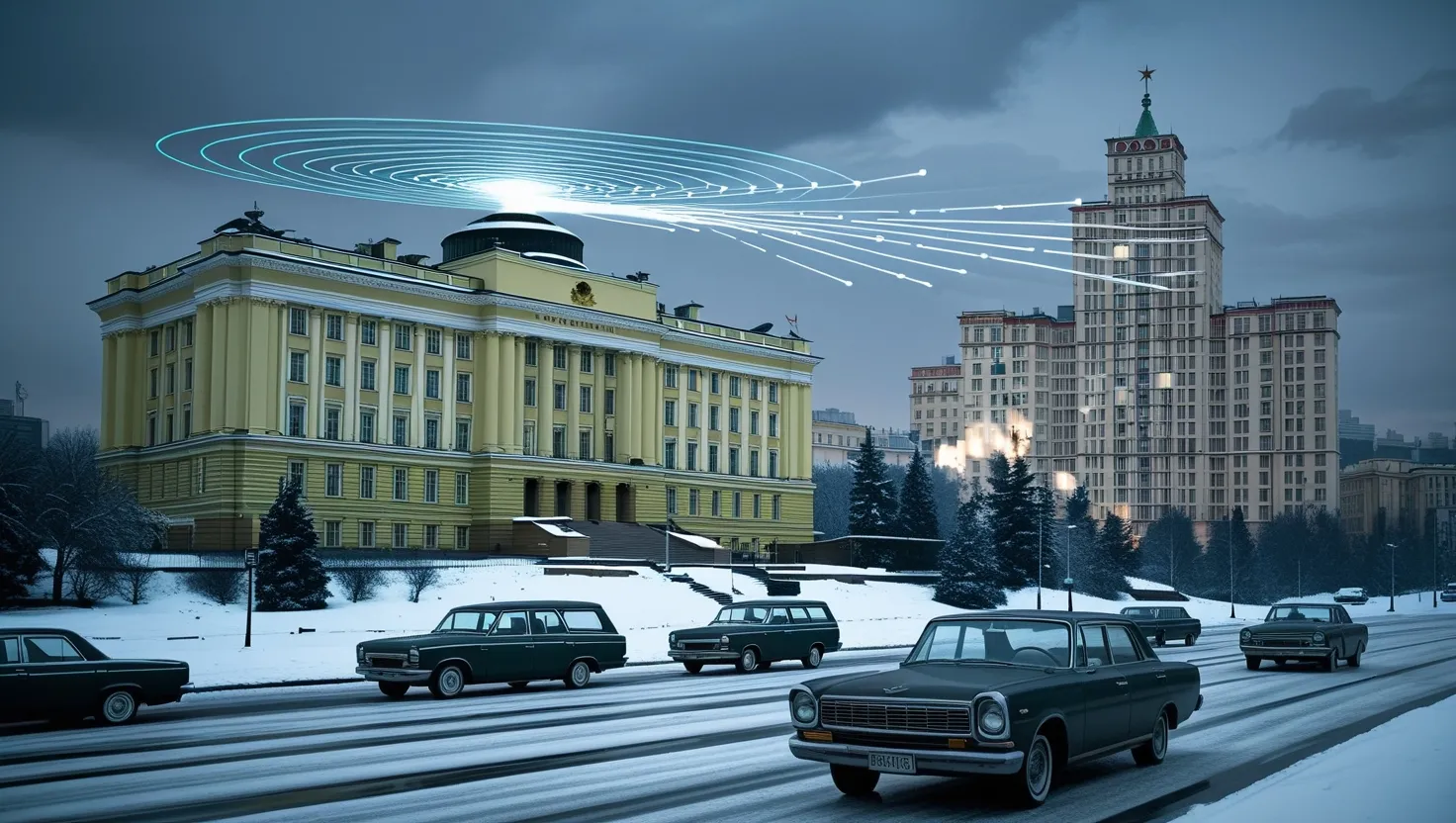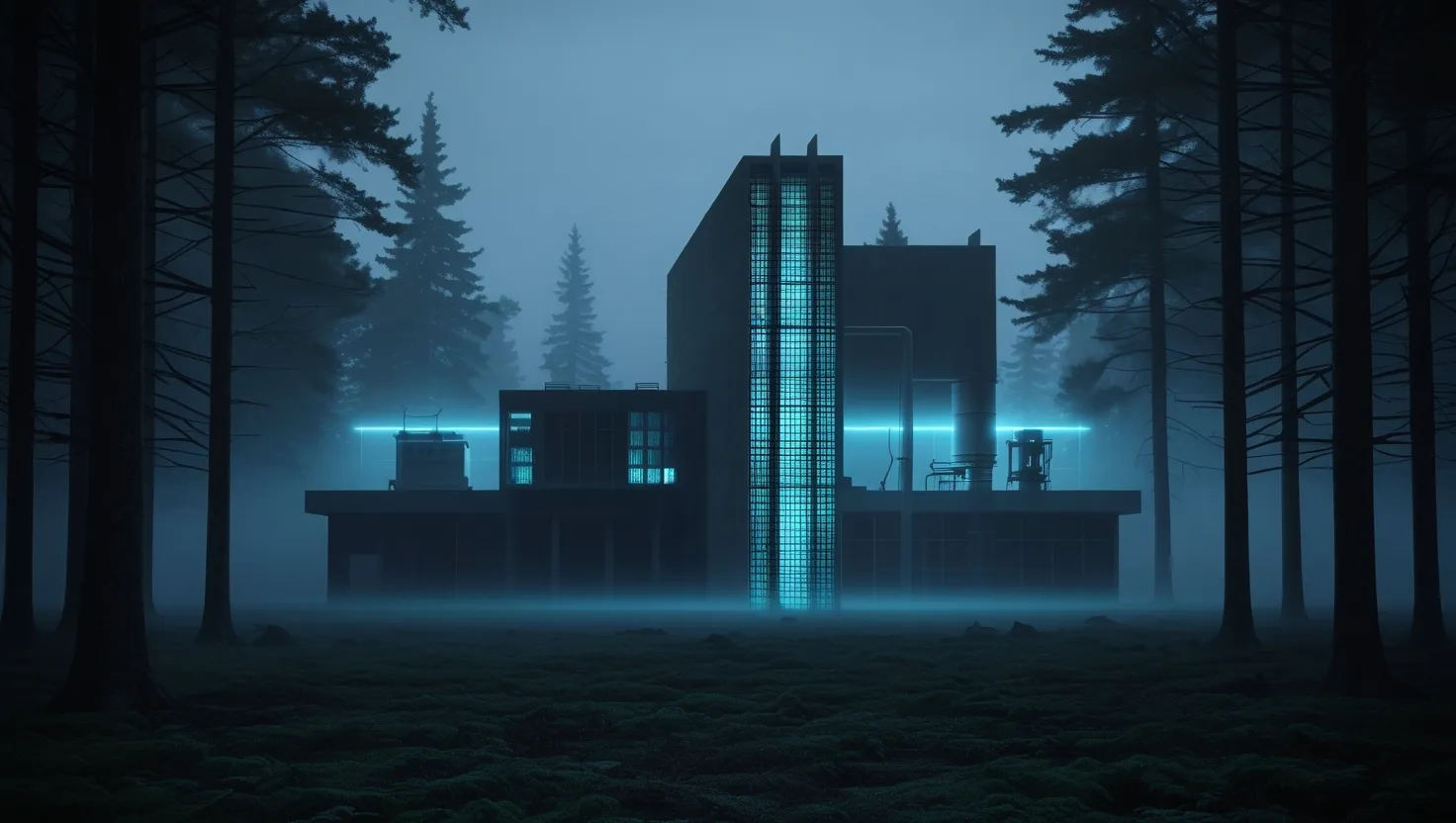Back in the whirlwind of the 2016 U.S. presidential election, a wild conspiracy theory known as Pizzagate suddenly sprang up, lighting up social media as if someone had thrown gasoline on a spark. The gist of it? High-ranking Democrats like Hillary Clinton and her campaign chair John Podesta were allegedly running a child trafficking ring out of a pizza joint in Washington, D.C. Sounds dramatic, right?
The theory’s roots can be traced to a Facebook post from October 29, 2016. This came just a day after FBI Director James Comey announced the reopening of the investigation into Hillary Clinton’s use of a private email server. The post, penned by a user named Carmen Katz, claimed emails found on former Rep. Anthony Weiner’s device revealed trips made by Weiner, Bill Clinton, and Hillary Clinton on a jet owned by a shady billionaire pal. Social media, especially far-right platforms like Breitbart and InfoWars, quickly took this and ran with it.
The flames of the theory were fanned even further when some big names in the conspiracy community got involved. Douglas Hagmann, a private investigator and a host of a webcast that digs into the so-called “New World Order agenda,” spread the story on November 2, 2016, in an InfoWars broadcast. He claimed his sources confirmed Hillary Clinton’s involvement in the supposed child trafficking ring. This only added more fuel to an already blazing fire.
If Pizzagate feels like déjà vu, it’s because it echoes the satanic-ritual abuse hysteria of the 1980s. Back then, a lot of innocent daycare workers and others were wrongfully accused of widespread satanic child abuse. Those accusations were driven by flawed psychological practices and professional malpractice. Pizzagate, however, didn’t need flawed science backing it up. It thrived in a web of right-wing websites and alt-right social media accounts that spun the narrative further and further.
In the heart of the theory was Comet Ping Pong, a pizzeria in Washington, D.C., which, according to the theory, was ground zero for this despicable operation. Proponents pointed to so-called coded messages in John Podesta’s hacked emails, which they claimed linked top Democratic officials to this ring. But all these claims were bogus and have been thoroughly debunked by law enforcement and credible news sources.
The fallout of Pizzagate wasn’t confined to the digital world; it crossed over in a dangerous way. A man from North Carolina named Edgar Welch drove six hours to Comet Ping Pong, all revved up to see if the conspiracy held any water. He ended up firing a rifle into the floor of the restaurant, trying to break into a storage room. Naturally, he was arrested. This incident underlined how harmful conspiracy theories can be, inciting real-world violence.
Even though Pizzagate has been roundly debunked, it’s shown some scary staying power. It continues to resurface on social media platforms like Twitter and TikTok. Every so often, the theory gets linked to other high-profile events, like the death of Jeffrey Epstein, the convicted sex offender with powerful connections. The theory’s rebirth has been fueled by anti-establishment vibes and the readiness of some folks to assume that political elites are irredeemably corrupt.
Public figures haven’t helped matters either. Lately, individuals like Elon Musk have unknowingly given Pizzagate a new lease on life by sharing misleading memes and posts. Such actions have kept the theory in the spotlight, notwithstanding the glaring absence of any solid proof.
Pizzagate isn’t just a bizarre, out-there theory; it symbolizes how conspiracy theories can be used as political weapons and shape what people talk about and believe. The theory’s leap from a fringe topic to mainstream dialogue showcases the formidable power of social media in spreading false info. This isn’t just a one-off; it’s part of a larger trend where fake stories gain huge followings and have serious, sometimes deadly, real-world effects.
All said and done, Pizzagate is a vivid example of how fast misinformation can spread and the havoc it can wreak. It reminds us of the perils of unchecked conspiracy theories and underscores the need for critical thinking, especially in our digital age. As we navigate this complex web of online info, sticking to credible sources and being alert to false narratives is more important than ever.






